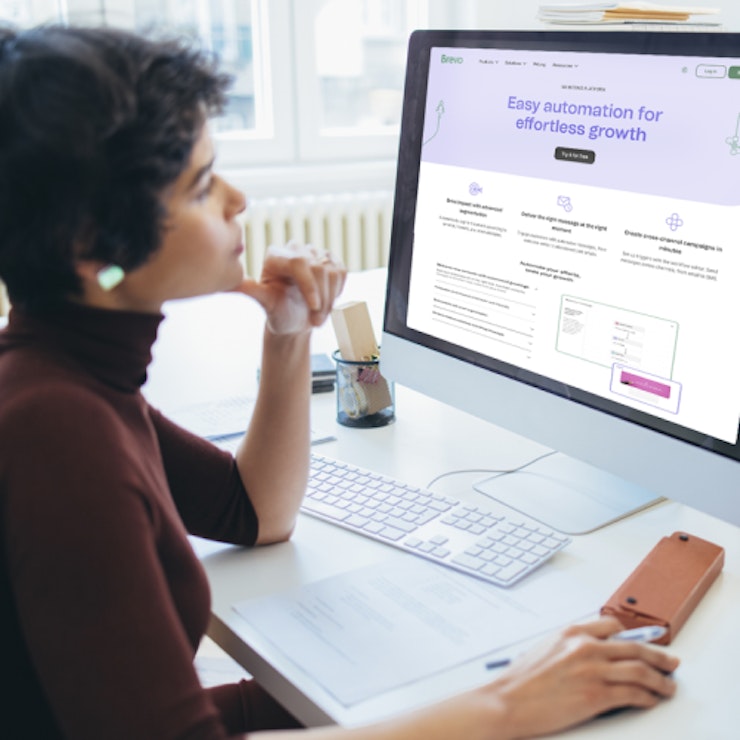
Preparing for a job interview? As you review your experience and research questions you may be asked, it can be helpful to know the type of job interview in which you’ll be participating. Different job interview formats aim to understand different aspects of you as a candidate. Understanding the key differences between these types of interviews can help you prepare for the right types of questions and improve your chances of getting to the next round.
Here are some of the most common job interview formats, and how to prepare for each.
Behavioral job interview
A behavioral job interview aims to understand how you will respond to common situations you will face in the role for which you are interviewing. Questions will be asked of how you responded in a certain situation, or how you dealt with a specific issue you faced in a previous role. Ideally, the interviewer will gain a clearer picture of how you work under pressure, collaborate with a team, or communicate with a client.
[Read more: 10 Interview Questions to Ask Entry-Level Job Candidates]
How should you prepare? Review your CV and come up with scenarios in which you displayed skills that can translate to this new position. Be prepared with stories that demonstrate you were challenged, took action to resolve the situation, and learned from the experience. Show how your past work has prepared you for your future at the potential new employer.
Case interview
Case interviews were traditionally used by management consulting firms, such as McKinsey or Bain. Today, however, tech companies and even NGOs are starting to use case interviews more frequently. If you’re asked to complete a case interview, expect to be given a situation and be asked to solve a business problem.
Sometimes the case interviewer will ask you to solve a puzzle, such as, “How many tennis balls fit in a 747?” What’s important to remember is that the interviewer is observing how you work through the problem logically, clearly, and while under pressure. Your answer might be wildly incorrect, but you should be able to show your work and justify how you arrived at it.
Unstructured interviews have the downside of making it difficult to compare candidates, though. When not every person is asked the same set of questions, recruiters don’t have the same information with which to compare and contrast each person’s suitability for the open position.
Structured (traditional) interview
In a traditional, structured job interview, the hiring manager or recruiter asks questions that focus on the candidate’s past experience, strengths and weaknesses, job expectations, and the capabilities they bring to the role. As the most common format of job interview, it’s likely you will be asked to elaborate more about your resume, with prompts such as, “Tell me about yourself.”
[Read more: Tips for Conducting a Great Job Interview]
Unstructured interview
Unstructured interviews, as the name implies, are more conversational and unrehearsed. The interviewer will pick and choose things to talk about to assess how well the candidate might fit into the company culture. It’s more free-flowing — and often, more informal. Unstructured interviews have the downside of making it difficult to compare candidates, though. When not every person is asked the same set of questions, recruiters don’t have the same information with which to compare and contrast each person’s suitability for the open position.
Group interview
In a group interview, multiple candidates are invited to participate in a team challenge or problem-solving exercise. These types of interviews are common for sales jobs, internships, and even engineering roles.
“One of the most important things the employer is observing during a group interview, is how you interact with the other candidates,” wrote The Undercover Recruiter. “Are you emerging as a leader or are you more likely to complete tasks that are asked of you? Neither is necessarily better than the other, it just depends on what type of personality works best for the position that needs to be filled.”
In a group or team interview, you may also be asked to interview as an individual in front of a panel of representatives on the hiring team. Some companies use group interviews to help improve diversity hiring and to engage more employees in the hiring process — and thus the future of the company.
CO— aims to bring you inspiration from leading respected experts. However, before making any business decision, you should consult a professional who can advise you based on your individual situation.
Follow us on Instagram for more expert tips & business owners’ stories.
CO—is committed to helping you start, run and grow your small business. Learn more about the benefits of small business membership in the U.S. Chamber of Commerce, here.








